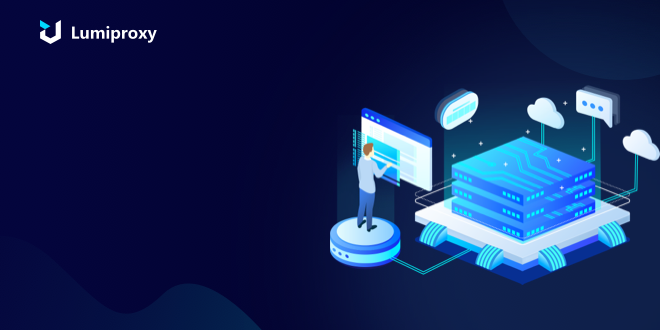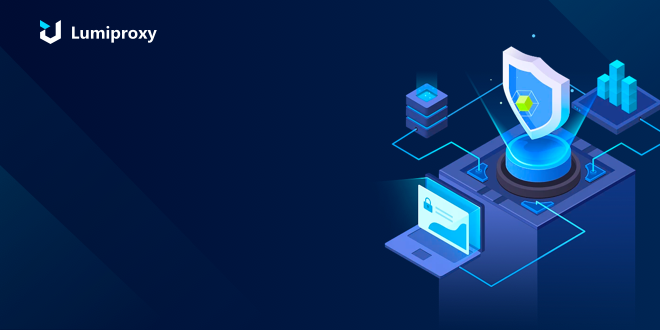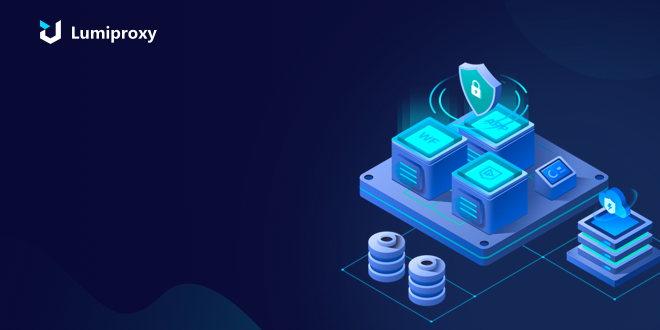In today's digital age, web scraping has become one of the most important means for many businesses and individuals to obtain data from the Internet. And when it comes to web scraping, using proxies is the key to improving efficiency, protecting privacy, and bypassing restrictions. In this article, we will introduce you to the ultimate guide to using Python for web scraping proxies, which will help you optimize your data collection capabilities and carry out web scraping tasks smoothly.

I. Importance of Proxies and Usage Scenarios
1. The role and advantages of proxies
- Protecting privacy: using a proxy can hide your real IP address and protect your privacy and identity.
- Bypassing restrictions: Some websites may restrict access to specific IP, using proxies can bypass these restrictions and get the data you need.
- Improve efficiency: By using multiple proxy IP to crawl web pages in parallel, you can speed up data acquisition and reduce the risk of being banned.
2 . Usage Scenarios
- Market Research: Obtain competitors' product pricing, sales data and other information to provide a basis for business decisions.
- Data Collection: Crawl product information, comments, social media data, etc. on web pages for analysis and insights.
- SEO optimization: collect search engine results page (SERP) data for keyword ranking analysis and competitor monitoring.
II. Using Python for proxy setup and web crawling
1. Install required libraries and tools
- install Python: make sure you have installed the latest version of Python interpreter.
- Install related libraries: such as Requests, Beautiful Soup, Selenium, etc. for initiating HTTP requests, parsing web pages and simulating browser behavior.
2. Proxy Settings
- Select Proxy IP Provider: Select a suitable proxy IP provider according to your needs and make sure it provides stable and high-quality proxy IP service.
- Get Proxy IP: Get proxy IP through API or proxy IP pool to ensure the availability and anonymity of the IP.
- Set Proxy: Set proxy in Python code to apply proxy IP and port to HTTP requests.
3. Web crawling
- initiate request: use Requests library to initiate HTTP request, set proxy IP and other request parameters.
- parsing web page: use Beautiful Soup or other parsing libraries to parse web page HTML and extract required data.
- data processing and storage: process and clean the crawled data, store it in a database or file.
II. Considerations and Best Practices for Proxy Use
1. Privacy and legal compliance
- pay attention to data collection compliance: understand and comply with relevant laws and website terms of use to avoid violating the privacy and copyright of others.
- Protect personal privacy: When using proxies, be careful not to disclose sensitive information and avoid accessing and crawling protected websites and content.
2. Choose a reliable proxy IP provider
- Understand the quality of proxy IP: Choose proxy IP that have been screened and verified to ensure their availability and stability.
- Diversify proxy IP sources: Choose multiple proxy IP providers and obtain proxy IP from different regions and types to increase flexibility and reliability.
3. Monitor the performance and availability of proxy IP
- Regularly test proxy IP: Use proxy IP testing tools or libraries to check the speed, anonymity and availability of proxy IP.
- Maintain Proxy IP Pool: Remove invalid Proxy IP and add new high-quality Proxy IP on a regular basis to maintain the stability of the Proxy Pool.
Conclusion:
Using proxy IP for web crawling is a key step in improving data collection. By setting up proxies correctly, choosing proxy IP providers wisely, and complying with privacy and legal regulations, you can achieve efficient web crawling tasks in Python. However, you need to be compliant and ethical when using proxies, follow the website's terms of use, and respect the privacy of others. Using the guidelines and best practices provided in this article, you can optimize your data collection capabilities and perform web crawling tasks smoothly.
























 English
English